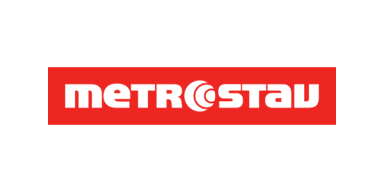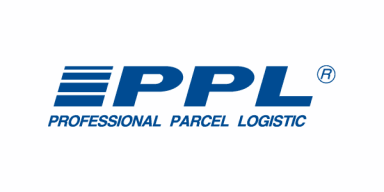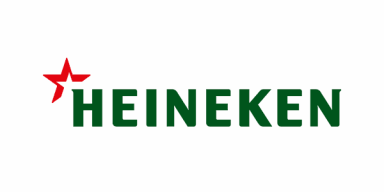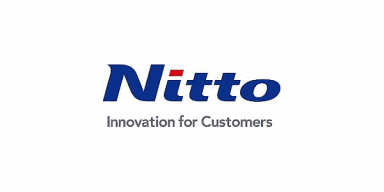Digitization, automation, and process control
Lengthy approvals, errors, or team overload? Use BPM, workflow, or RPA to digitize and automate key processes that are holding your company back and turn them into a competitive advantage.

Where do companies lose the most time?
Unconnected systems and information
Important data is often scattered across various ERP and CRM applications, emails, or shared folders. Lack of integration leads to wasted time, manual rewriting, and higher error rates. Furthermore, without automated flows, it is difficult to ensure secure and auditable process execution.
Overload of documents and unstructured data
Paper contracts, PDF invoices, emails, scans, or photos—companies today face an avalanche of data in various formats. Without digitization and intelligent processing of these documents, their use for decision-making is extremely challenging.
Manual and inflexible processes
Processes based on human coordination, emails, or spreadsheets are slow, opaque, and prone to errors. Not only do they slow down your business, but they often increase costs and complicate reporting and compliance. Automation provides the necessary structure, measurability, and scalability.
Benefits
- Increased productivity through automation of routine tasks
- Reduced error rates in processes
- Accelerated business processes across all agendas
- Effective use of data for better decision-making
- Reduced internal costs
- Improved customer satisfaction through faster response times
Why large companies cannot do without automation
The solution is to digitize and automate key business activities using tools such as BPM (Business Process Management), workflow systems, or RPA (Robotic Process Automation). These technologies enable people, data, and applications to be connected into a single controlled flow. This makes it possible to:
- significantly reduce operating costs, typically by 25 to 50% for repetitive tasks,
- shorten the time needed for approval and speed up access to important information,
- and achieve a return on investment within 12 to 18 months, especially for high-frequency processes.
Automation also increases transparency, reduces errors, and frees up employee capacity, allowing them to focus on higher value-added activities instead of routine tasks.
We select the most suitable solution
DO NOT HESITATE TO
CONTACT US
Are you interested in more information or an offer for your specific situation?








































